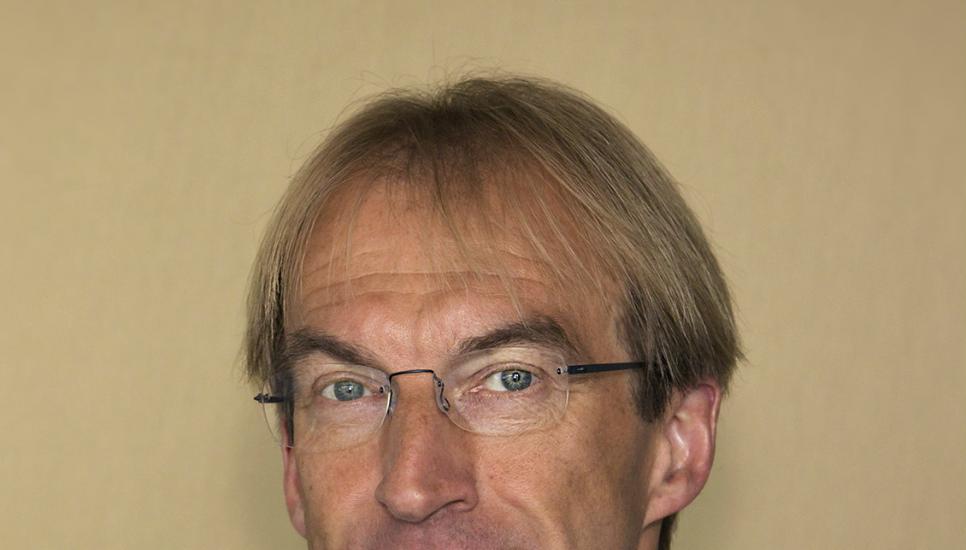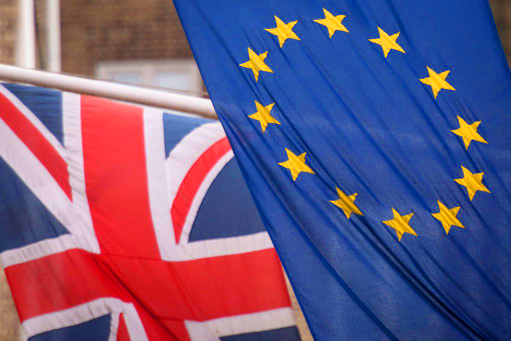Sunny forecast from Rothschild cuts through Brexit, Trump storm clouds

The climate for business has not worsened so far and it is still possible to get inflation beating returns on investments, despite political uncertainty from Brexit, Donald Trump and upcoming European elections, says Rothchild & Co.
Kevin Gardiner, global investment strategist at Rothschild Private Wealth in London, gave an upbeat outlook for 2017 at the latest media briefing. Gardiner said the independent financial advisory was “keeping an open mind” while waiting to see how much of the “policy rhetoric” on both sides of the Atlantic was going to be translated objectively into a different framework for business and investing.
“A cliché we often read is that markets are very volatile. You know, guess what, they're not recently. Traded volatility has been in predictable bear markets since 2009. It's in bear markets because central banks effectively are providing portfolio insurance for free. And it's very difficult to encourage people to pay lots of money for portfolio insurance when the banks are offering it very inexpensively.
“Volatility, I'm sure, will pick up at some stage, but we're not necessarily starting this year saying that volatility is high and is only going to intensify going forward.”
Gardiner said portfolios should remain tilted towards growth related assets rather than being tilted towards safe haven assets. While Rothchilds was aware of political uncertainty and the feeling some policy assumptions were becoming unstuck, he was reluctant to attribute political developments to an underlying big picture.
 “We've had the Brexit referendum, we've had Trump, we have the Italian rejection of constitutional reform, we could have Marine Le Pen in France, we could have Geert Wilders in the Netherlands and so forth,” he continued.
“We've had the Brexit referendum, we've had Trump, we have the Italian rejection of constitutional reform, we could have Marine Le Pen in France, we could have Geert Wilders in the Netherlands and so forth,” he continued.
“People are joining all these things together into a single deterministic big picture. And that big picture is of a global backlash against business generally or against globalisation. I'm hugely skeptical of this.
“It's very difficult to know for sure why people do what they say they do. Often people don't know themselves why they vote in a way that they vote at that particular point in time. When I think that each of those events so far, Brexit hasn't happened of course, but the referendum, the US election, and the Italian constitutional reform have. What each of those things for sure I think has in common is that the electorates in each case were looking to blame somebody for their perceived misfortunes.
“I'm not saying that they don't have misfortunes, but the way that they perceive them, they are looking to blame somebody other than themselves for those. And it may well be that that's as much as these things have in common. That it's effectively a simultaneous desire to stick it to the man. But they may be sticking it to the man as you say once, and now it doesn't necessarily mean that they are fundamentally opposed to the process of ever closer union in Europe, it certainly doesn't mean that they're opposed to globalised business.”
Gardiner said it was difficult to argue US President Trump was instinctively antibusiness or against globalisation, despite his protectionist calls. It depended on the playing fields within which globalisation was taking place.
.jpg) “If you take that big picture and run with it determinedly, you might end up in an investment destination that you don't want to be in. You might be betting aggressively that the European Union will fall apart, you might be betting that the global economy will contract and that world trade will no longer grow, and we think it's too soon to be drawing those sorts of conclusions. And, as I say, that big picture may simply just not be valid.”
“If you take that big picture and run with it determinedly, you might end up in an investment destination that you don't want to be in. You might be betting aggressively that the European Union will fall apart, you might be betting that the global economy will contract and that world trade will no longer grow, and we think it's too soon to be drawing those sorts of conclusions. And, as I say, that big picture may simply just not be valid.”
Gardiner said it felt less likely that there will be a US recession sometime soon. He noted China was growing at a “remarkably steady pace” if the data was to be believed.
“The data that we've got, looking into China from the outside as well, looking at trade, looking at the business surveys for the Asia region more widely, things seem to be OK.”
While Rothchilds did not have a “house view” on Brexit, Gardiner said his personal view was Britain's divorce from the EU was, and likely to be, bad for business but not in a game-changing sense.
“Even if we default to a World Trade Organisation type trading arrangement, tariffs these days are relatively small when set alongside foreign exchange volatility. So if companies can't live with the sort of loss of competitiveness that would result from facing tariffs once again, then really their underlying health is shakier than we've assumed it would be to begin with.”
He expected the City of London to face difficulties in business transactions but Brexit had not drastically changed Rothchilds' long-term outlook.
“The glass is still half full rather than half empty. We're trying to keep an open mind, political risk doesn't always translate horribly into market risk.”
Asked what investment advice he would offer to ultra-high net worth, multinational, multigenerational family offices and family businesses, Gardiner said: “I'd almost encourage them not to do what they feel sometimes they have to do because they're so well connected and large, which is to trade a lot. And ultra-high net worth and family offices often, because they are effectively as you know, many institutions, or they're close to the institutional market, they can sometimes listen too much to advice from the sales side, and the sales side is very keen often to get them to churn their portfolios.
“So my advice to them would be even though they are sophisticated and large, I would say the best advice sometimes is to, when they're faced with uncertainty, it's don't just do something, stand there.”






